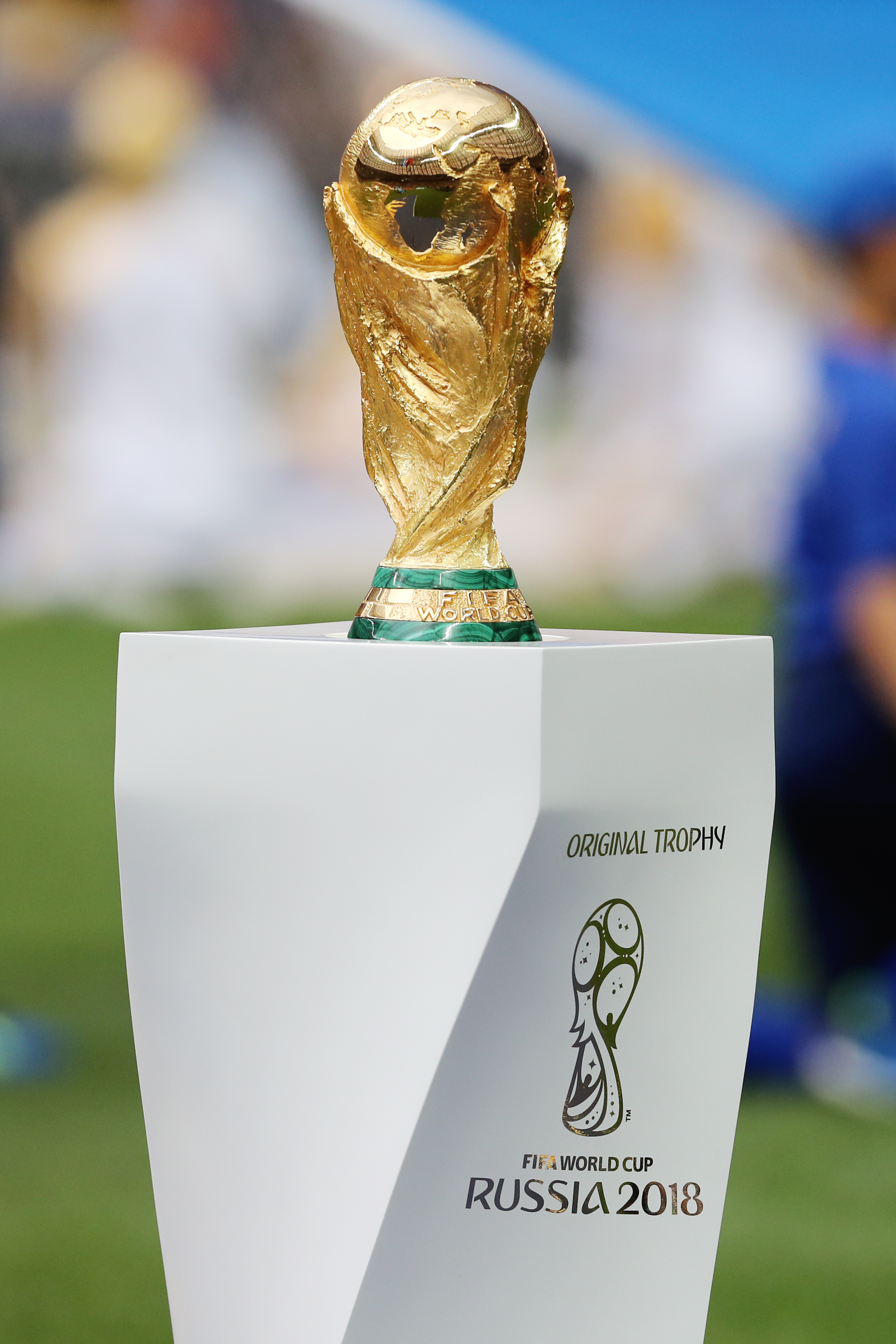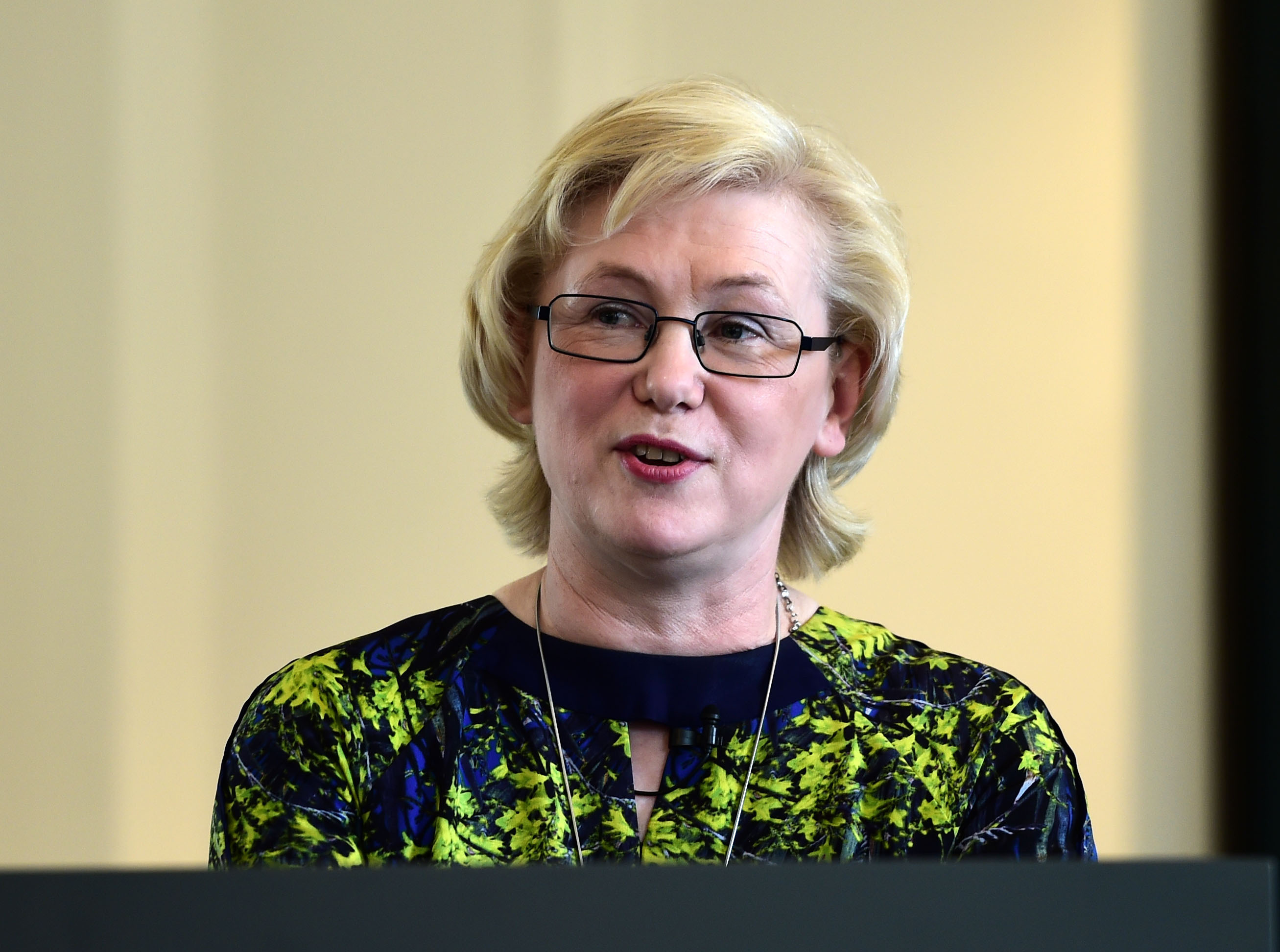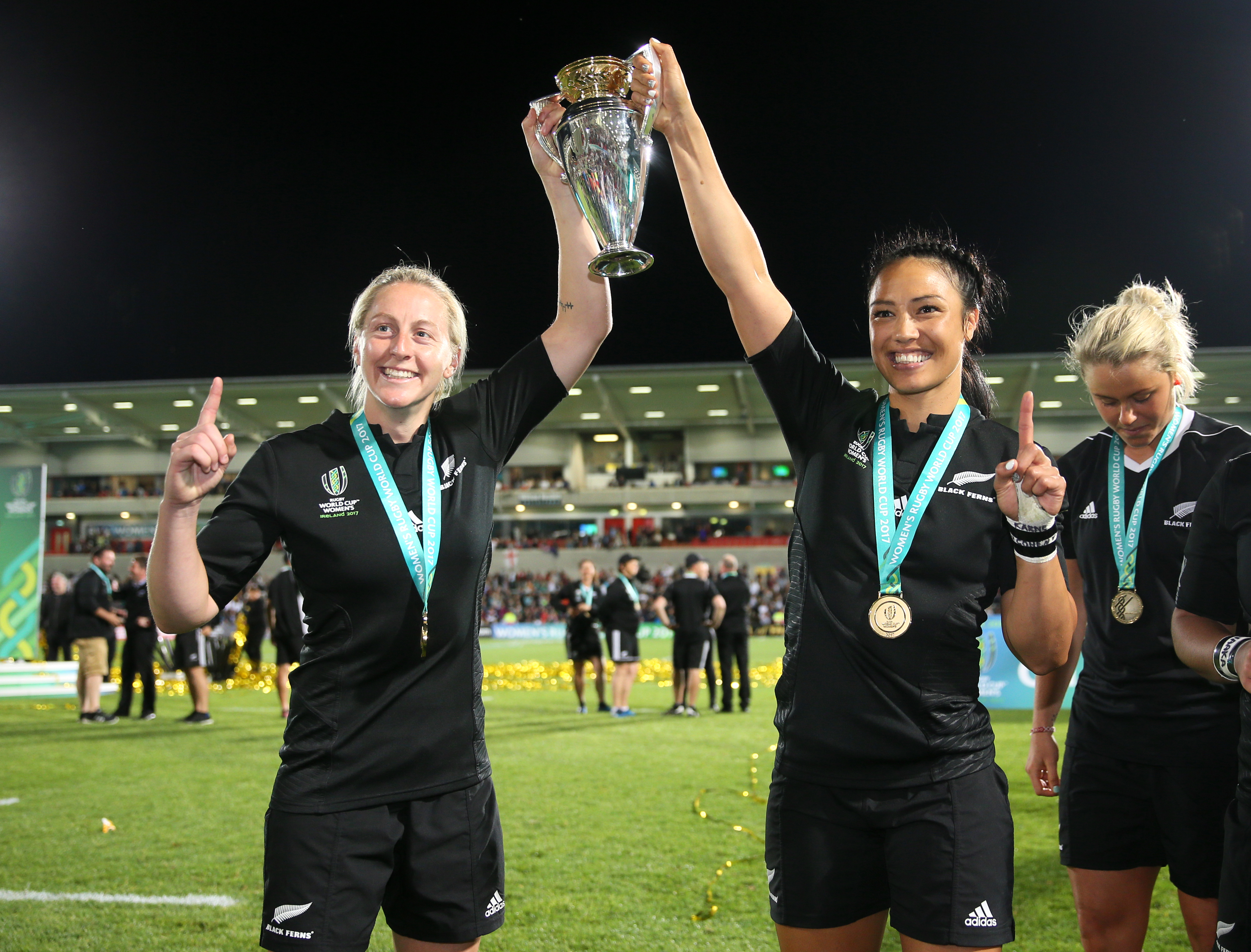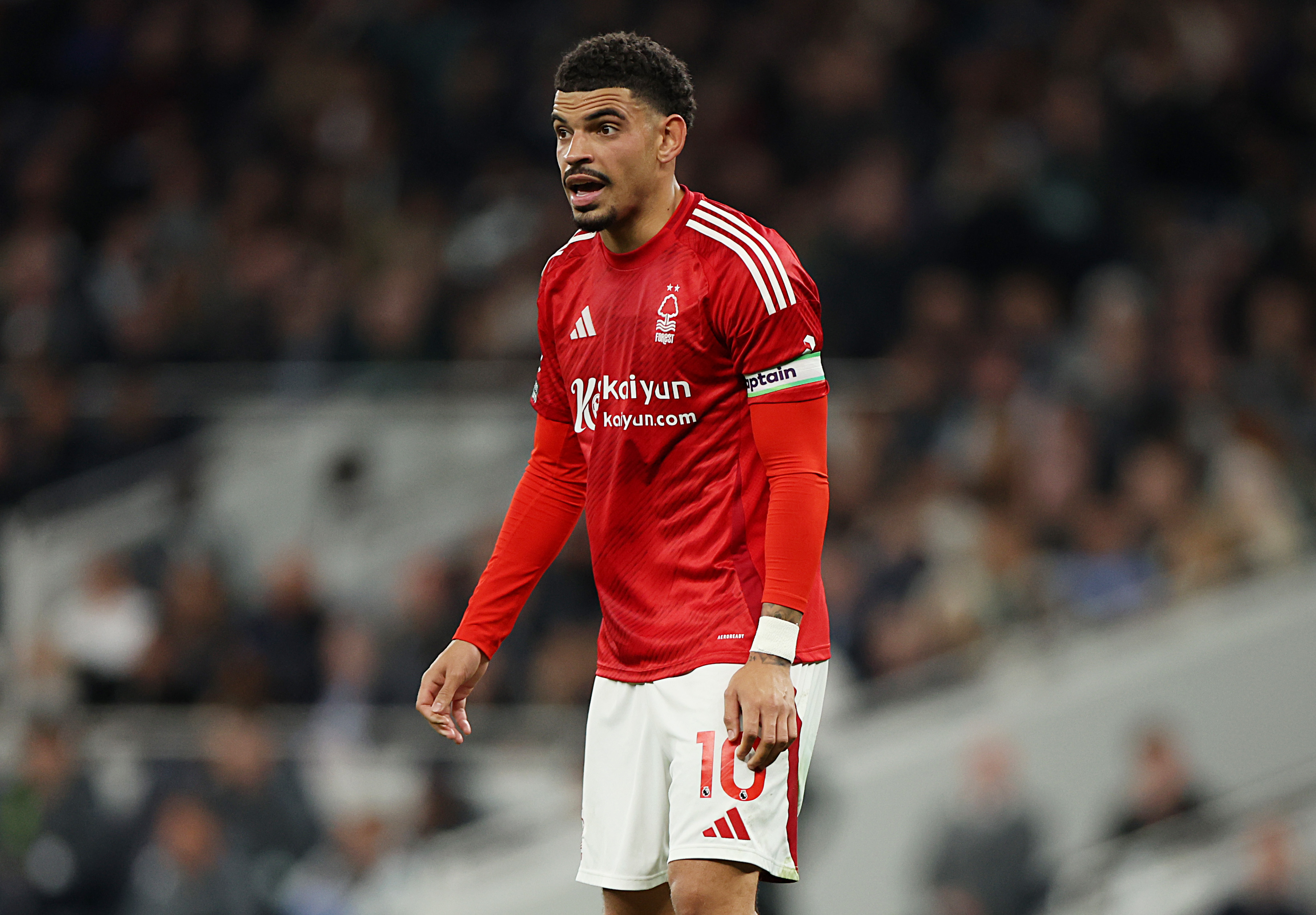MPs to examine whether 2030 World Cup bid feasibility study is good value

MPs are to examine next week whether public money committed to considering a UK and Ireland bid to host the 2030 World Cup represents good value for the taxpayer.
The cross-party Digital, Culture, Media and Sport (DCMS) committee will question funding body UK Sport on Tuesday about the £2.8million of Government money allocated to a feasibility study on whether to bid for the tournament.
The committee will also look at how hosting major cultural and sporting events can help the UK maximise ‘soft power’, and also the cost to the BBC of securing the rights to such events.

The witnesses called include UK Sport chief operating officer Simon Morton and the director of BBC Sport Barbara Slater.
Prime Minister Boris Johnson pledged the £2.8m towards the feasibility study earlier this year and said at the time: “We are very keen to bring football home in 2030. I do think it’s the right place.
“It’s the home of football, it’s the right time. It will be an absolutely wonderful thing for the country.”
FIFA is expected to outline the bidding regulations for the 2030 World Cup in the second quarter of next year.
Get FourFourTwo Newsletter
The best features, fun and footballing quizzes, straight to your inbox every week.
World football’s governing body is currently consulting over plans for biennial World Cups, starting from 2026.
The plans have been fiercely opposed by European confederation UEFA. Its president, Aleksander Ceferin, has said European countries could boycott the tournament if the plans go forward.
The Football Association is reportedly interested in bidding for Euro 2028, but it is understood its priority remains the 2030 feasibility study.
UK Sport said in May it had earmarked 97 events across 44 sports, including 46 world championships, that the country had an interest in hosting between now and 2031.
As well as the men’s football World Cup in 2030, the UK Sport plan also included the 2025 Women’s Rugby World Cup and the 2031 Ryder Cup in golf.

Morton said at the time: “These events aren’t just part of our strategy, they’re also aligned to the Government’s strategy and we have been really encouraged by the Government’s manifesto commitment to build on the UK’s fantastic track record of hosting the biggest international sporting events.
“These events will play an important part not just in our economic recovery from the pandemic, but in our social recovery.”
The six Nordic countries published a position paper outlining their opposition to biennial World Cups on Friday.
They argued the plans would push the Women’s Euro and Women’s World Cup out of the public spotlight and said that associations could not expect clubs to release players if they had not agreed to the calendar.
The paper concluded: “If a majority in FIFA decides to adopt a proposal on biennial FIFA World Cups, the Nordic football associations will need to consider further actions and scenarios that are closer to our fundamental values than what the current FIFA proposal stands for.”
